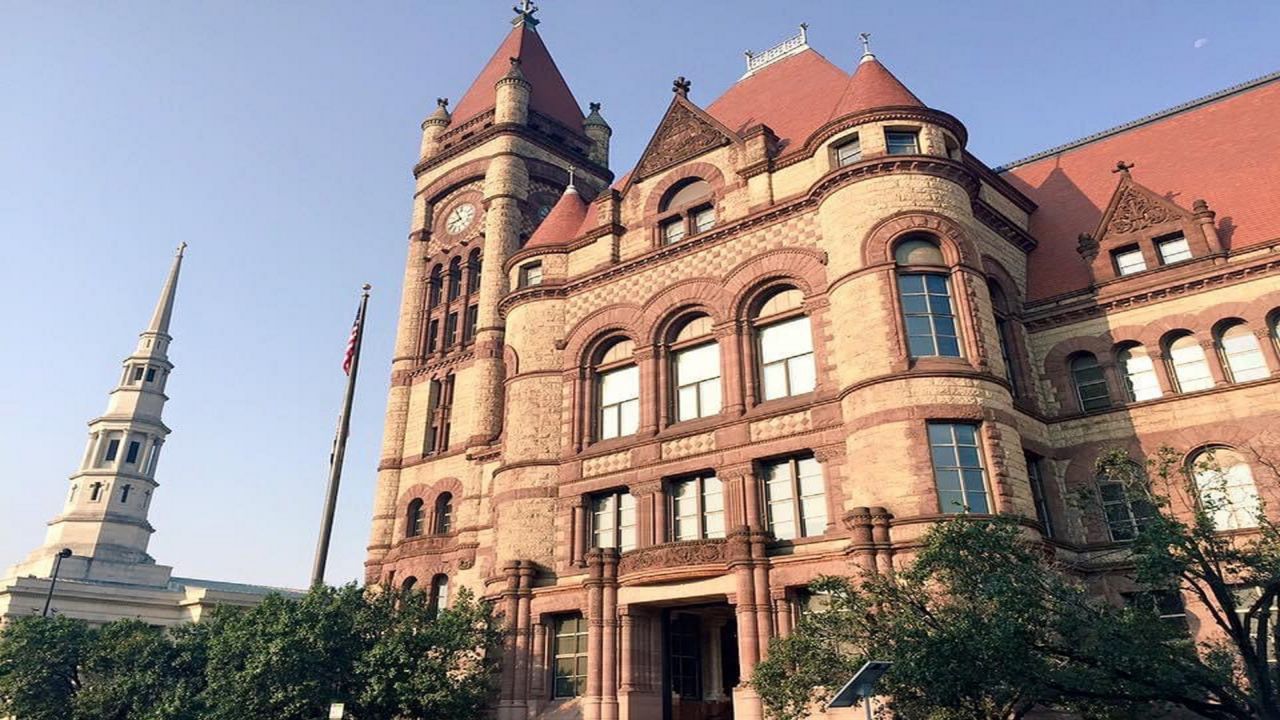CINCINNATI -- The city of Cincinnati will hire up to three new investigators to review allegations of possible police misconduct in a more timely fashion.
What To Know
- Citizen Complaint Authority investigates allegations of police misconduct
- Budget to go up by as much as $400,000
- Goal is to hire two or three new investigators
City Council approved budget for the upcoming fiscal year on Wednesday, June 23.
Included is an additional $350,000 for the Citizen Complaint Authority, a city department charged with independently investigating resident complaints about the Cincinnati Police Department.
That total would jump up to $400,000 if there's an extra $50,000 in the city's year-end closeout funds.
Gabe Davis, director of the CCA, said those dollars will go toward hiring "at least two but probably three" full-time investigators. They will work alongside the five investigators currently employed by the CCA.
The formation of the CCA occurred in 2003 as part of the historic Collaborative Agreement. This will be the most investigators employed by the CCA during that time.
"These funds will allow us to do some pretty interesting and exciting things, things we’ve been trying to do for quite some time. But primarily these funds will enable us to get through some of our case backlog which has been a hindrance for quite some time," Davis said.
The CCA investigates everything from from use of force to searches and seizures to possible discrimination or racial profiling. They also review all deaths in custody and any time a CPD officer fires their weapon.
Data from CCA's annual report for 2020 shows last year CCA completed investigations into 40 complaints that included 306 allegations. The allegations represent a 4% increase above their 3-year average, per the report.
The goal is to complete investigations within 90 days. But Davis said that has been a challenge in the past due in part to a lack of full-time investigators.
There are about 130 cases more than three months old. Some are as old as 2019, Davis said.
When the city hired Davis in September 2020, the CCA had only three investigators. Davis said the number dipped as low as two over the years.
Before last year, the CCA hadn't had the mandated number of at least five investigators in more than a decade, he said. With the support of city council, the CCA increased the number of investigators to five in December 2020.
Still, Davis said the CCA was struggling to overcome a backlog of complaints.
"To have at least a decade where we had less than five investigators, sometimes as few as two investigators, it put us in quite a hole. We needed additional resources," he said. “Hiring these new investigators will help get us where we want to be.”
Early in the budget process Davis asked the city administration to increase his office's budget by $460,000. The budget proposed by the administration didn't include that increase.
However, Council voted to increase the number to $250,000. They later added an additional $100,00 and the possibility of the $50,000 in closeout funds, if they're available.
Council member Greg Landsman led the push to increase the funds beyond the original $250,000.
His motion during the budget committee to increase that total by $100,000 passed 6-2. He also requested the $50,000 in carryover funds, bumping it $400,000.
“CCA is the cornerstone of Cincinnati's Collaborative Agreement and making sure it is fully funded is critical,” Landsman said. “Transparency and trust are at the heart of government and public safety – I was proud we fought for the additional $400,000."
The two no votes for the extra $100,000 came from Council members Steve Goodin and Betsy Subdermann.
Goodin said he was in favor of the $250,00 but had questions about whether the additional funds were needed.
“It’s clear everyone was on board in recognizing the important role of the CCA and ensuring they received the necessary funding to let them do their their job,” he said. “It’s unfortunate that it became a political issue.”
All told, the CCA's budget for the next fiscal year is roughly $1.3 million.



